Symposium “Mathematical problems of bioinformatics and systems computational biology. Big genetic data analysis and artificial intelligence”
Section “Mathematical and simulation modeling, digital twins”
The program of section “Mathematical and simulation modeling, digital twins” welcomes reports on modeling various dynamic processes in biology, in particular in the case of models with multiple thresholds. Issues of parameters identification in mathematical models of the gene networks, non-uniqueness of non-local periodic regimes of their functioning, as well as works devoted to the numerical solution of direct and inverse problems arising when modeling these biological processes, and the complexity of their digital twins will be discussed.
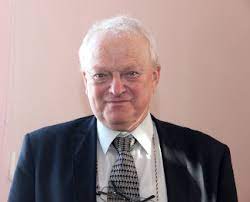 |
 |
 |
| Vladimir Golubyatnikov, obolev Institute of Mathematics SB RAS, Novosibirsk, Russia |
Andrey Palyanov, A.P. Ershov Institute of Informatics Systems of SB RAS, Novosibirsk, Russia |
Fedor Kolpakov, Sirius University, Sochi; Federal Research Center for Information and Computational Technologies, Novosibirsk; Biosoft.Ru, Novosibirsk, Russia |
 |
 |
|
| Sergey Lashin, Institute of Cytology and Genetics of SB RAS, Novosibirsk, Russia |
Mikhail Marchenko, Institute of Computational Mathematics and Mathematical Geophysics of SB RAS, Novosibirsk, Russia |
Section “Mathematical immunology”
Section “Mathematical Immunology” is devoted to modern advances in bioinformatics related to immunology. We welcome reports in such areas as systemic immunology; algebra of immune processes; algorithms for regulating immune processes; bifurcation analysis, multi-stability, control, geometric models of the structure of the immune system; hybrid methods for modeling multiscale processes; mathematical models of infectious, autoimmune and oncological diseases; methods for constructing and reducing high-dimensional models; modeling the evolution of systems with distributed parameters, optimality of models – length of description, information complexity, modern software modeling tools, coupling of neural network and mechanical models, assimilation of multi-physical data.
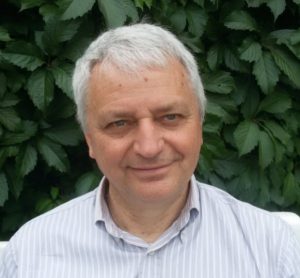 |
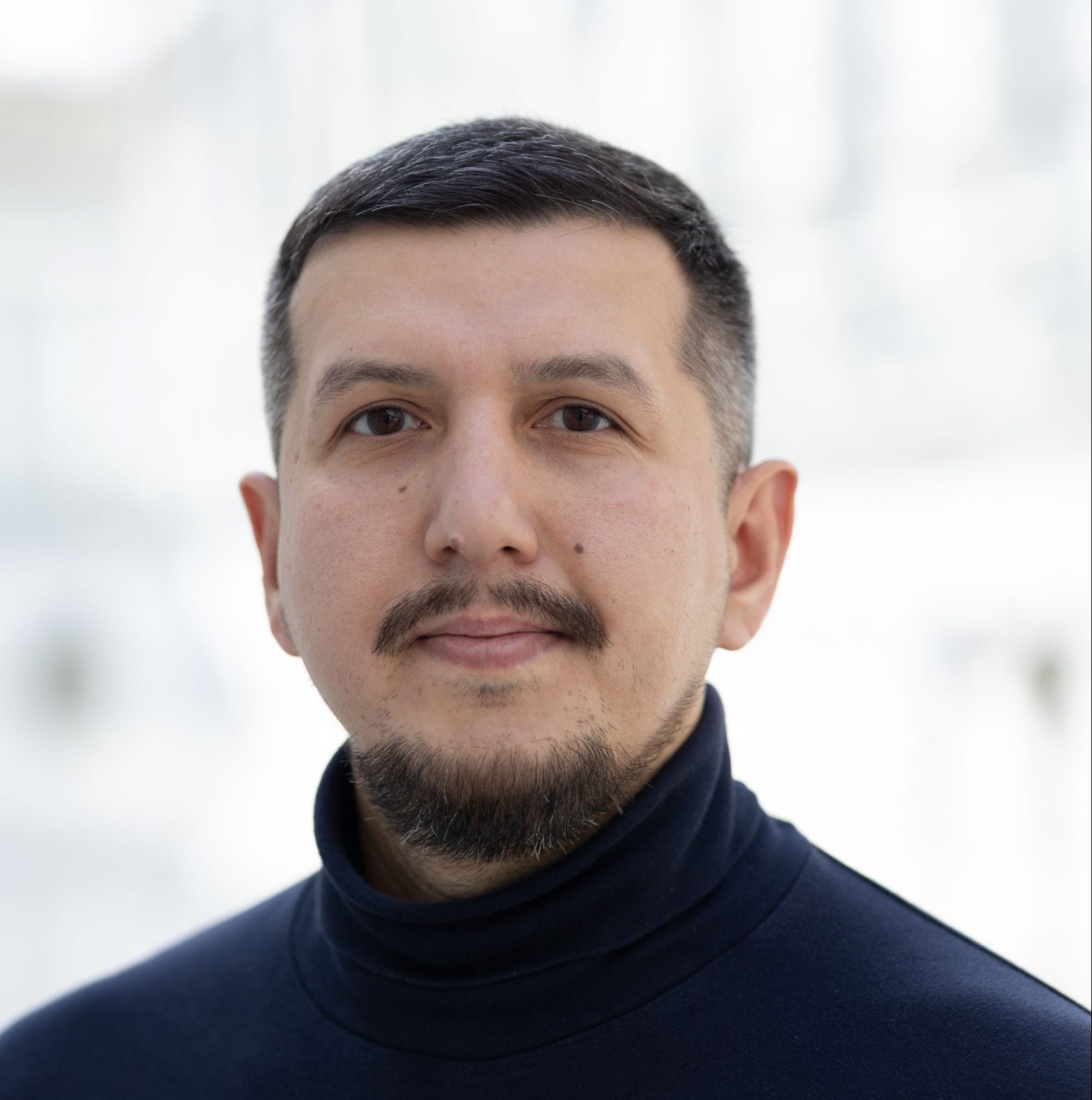 |
| Gennady Bocharov, Marchuk Institute of Numerical Mathematics of the Russian Academy of Sciences, Moscow, Russia; I.M. Sechenov First Moscow State Medical University, Moscow, Russia |
Ilya Akberdin, Biosoft.Ru; Institute of Cytology and Genetics of SB RAS; Novosibirsk State University, Novosibirsk, Russia; Sirius University, Sochi, Russia |
Section “Systems theory, big biological data analysis, ontologies and artificial intelligence”
Section “Systems theory, big Biological Data Analysis, Ontologies, and Artificial Intelligence” will cover mathematical methods for studying complex interactions in living systems (gene networks, metabolic pathways, microbiological systems and processes), the theory of functional systems, population and ecological systems. Mathematical and methodological problems of systems theory are also considered: integrity, hierarchical structure, synergetics and system-forming factors. The section focuses on the intersection of computational biology, data science, and AI technologies. It delves into the challenges and methodologies in processing and interpreting vast amounts of biological data, such as genomic sequences. Additionally, the session will address AI’s capability in automatic knowledge extraction from scientific publications, enhancing the understanding of biological systems. The section will highlight the significance of ontologies in organizing and standardizing biological knowledge to facilitate data sharing and integration. The discussion will also cover advancements in algorithms and computational tools that empower researchers to draw meaningful conclusions from big data efficiently.
 |
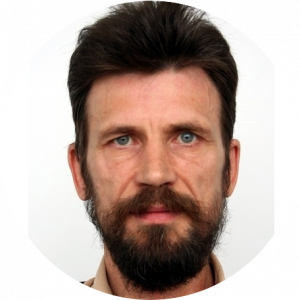 |
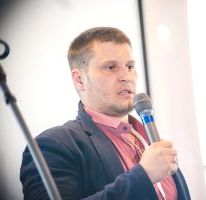 |
| Evgeniy Vityaev, Sobolev Institute of Mathematics SB RAS, Novosibirsk, Russia | Vladimir Ivanisenko, Institute of Cytology and Genetics of SB RAS, Novosibirsk, Russia | Andrey Nechesov, Sobolev Institute of Mathematics SB RAS, Novosibirsk, Russia |
 |
 |
|
| Dmitry Palchunov, Sobolev Institute of Mathematics SB RAS, Novosibirsk, Russia |
Sergey Goncharov, Sobolev Institute of Mathematics SB RAS, Novosibirsk, Russia |

